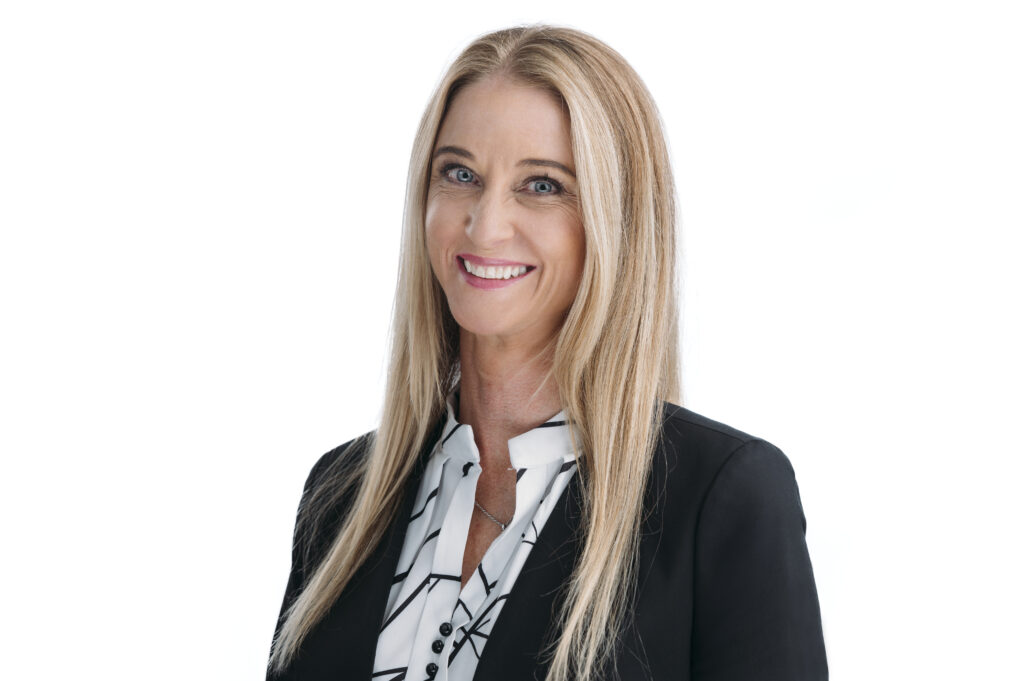In a recent conversation, I learnt that, for Michele Jennings, Chief Executive at glu, a division of PPS, leadership was never a predetermined path.

She began her career as an assistant accountant, without initially aspiring to senior management. But a decision to return to university as a mature student and complete her BCom Honours and CTA proved transformative. Qualifying as a chartered accountant opened doors, she had not imagined possible and gave her the confidence to step into leadership roles.
Mentorship played a pivotal role in her journey. Early in her career, a manager recognised her potential and encouraged her to persevere with her studies while working full-time. His support, both motivational and practical, gave her the foundation to succeed. When he later moved organisations, he encouraged her to follow, guiding her into financial services and providing opportunities that helped shape the trajectory of her career. Jennings credits this mentorship as a turning point, acknowledging that without it, her path may have looked very different.
Today, what keeps her firmly anchored within the PPS Group is its unique shared value model. Unlike many corporates where shareholder returns dominate, PPS places its members at the centre. Jennings describes it as a “win-win-win”: members share in the profits, employees work with a clear purpose, and the organisation thrives on delivering value. That philosophy resonates deeply with her and fuels the innovation efforts at glu. Employees are encouraged to become members themselves, reinforcing the culture of shared benefit and purpose-driven service.
As a woman in leadership for more than 30 years, Jennings has witnessed dramatic changes in the workplace. She recalls the rigid schedules of the past, when early morning meetings left working mothers struggling to balance professional and family responsibilities. Those experiences shaped her own leadership style. Today, she emphasises flexibility, allowing parents to do school runs, accommodating personal commitments during the day, and focusing on outcomes rather than hours. This approach, she notes, benefits men as much as women but has been particularly significant in creating opportunities for women to thrive.
At glu, culture is central. “Our business is digital, but with heart,” she explains. That heart translates into care not only for members but also for colleagues. With just over 40 employees, the company has cultivated a tight-knit environment. Known as gluies, staff share milestones, celebrate birthdays, and stay connected through a single WhatsApp group. Jennings believes that a happy, engaged workforce naturally translates into a better experience for members.
Her advice for young women stepping into leadership is grounded in authenticity. Early in her career, she tried to fit in by adopting the assertive, even aggressive style that was often expected in male-dominated spaces. Over time, she realised that empathy and authenticity are not weaknesses, they are strengths. Women, she argues, should embrace the qualities that differentiate them, rather than trying to mimic others.
Practical communication also matters. Framing contributions with confidence, saying “in my experience” instead of “I think”, can help ensure women are heard in boardrooms and executive meetings. And above all, she stresses the importance of self-care. “Fill your own cup first,” she says. By prioritising personal wellbeing, physically, emotionally, and spiritually, leaders are better able to serve their teams, businesses, and families.
Looking to the future, Jennings sees artificial intelligence as a game changer. Though she jokes about being a “mature student” once again, she is actively studying AI to understand its potential. glu is already exploring international partnerships and new product lines to leverage AI in ways that will add tangible value for members. For Jennings, the possibilities are both exciting and essential.
Her leadership philosophy blends professionalism with empathy, innovation with purpose, and strategy with care. For her, authenticity is not just a personal choice, it is a leadership imperative. As she puts it, women’s unique qualities are not a side note but a superpower.
By leaning into them, she believes women can shape organisations, industries, and futures in profound ways.

